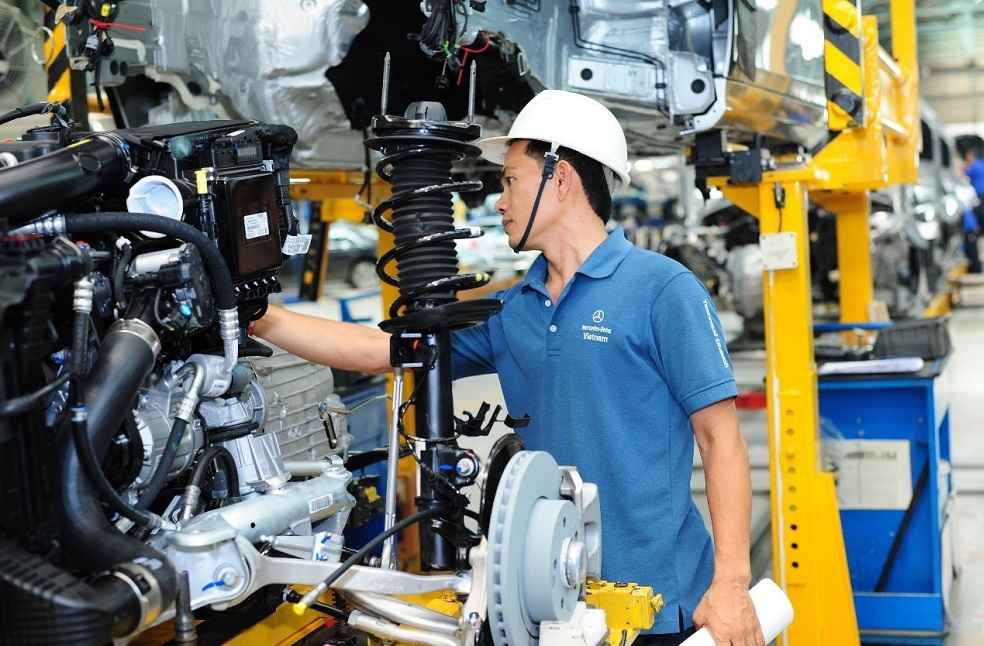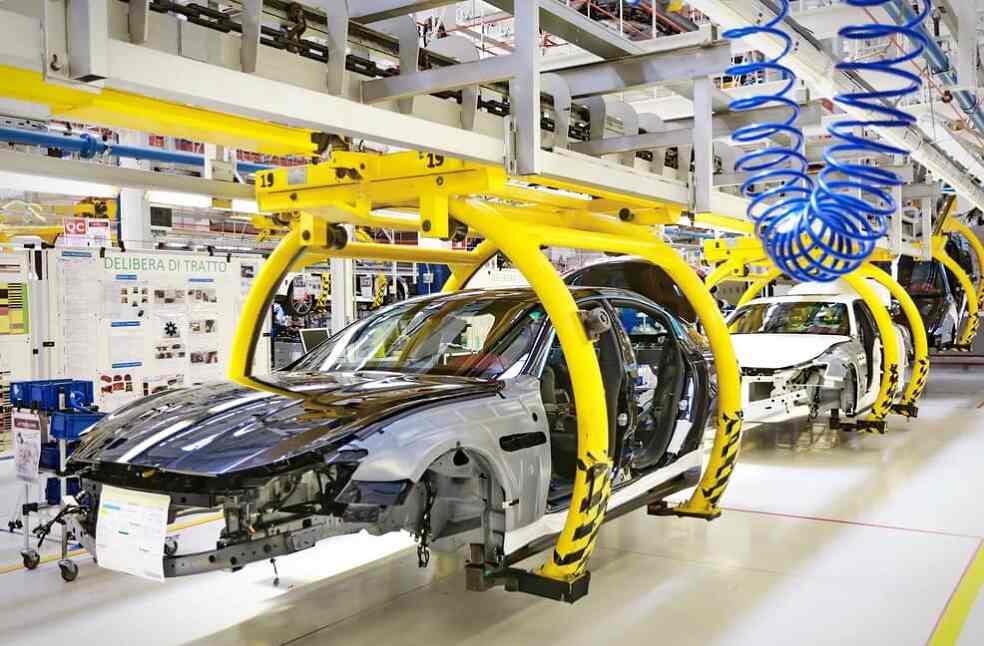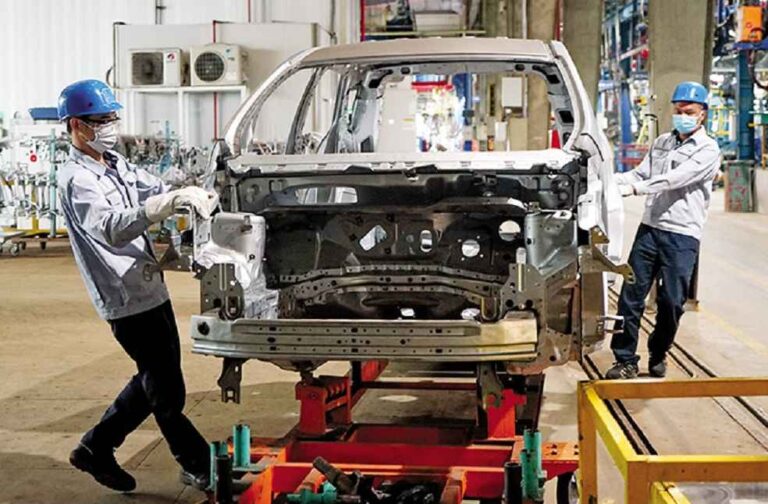With the growing demand for transportation in Vietnam, experts highlight significant opportunities for the automotive and motorbike industries. Vietnam’s auto sector has shown notable progress, driven by favorable government policies and efforts by businesses to expand production and align with global trends.
The country’s localisation rate is rising as investments in domestic car production increase, aided by new policies and a surge in foreign investment. According to the Ministry of Industry and Trade, exports of electrical wire components reached $1.17 billion last year, accounting for 38% of the automobile component export value and positioning Vietnam third globally in this category. Vietnamese electrical wire products are now integral to the global automobile assembly supply chain.

Dr. Trương Thị Chí Bình, deputy general secretary of the Vietnam Association for Supporting Industries (VASI), noted rapid growth in automotive-related products, with the sector’s growth rate increasing from 12% in 2018 to 25% in 2023. Dr. Bình added that many Vietnamese firms are now advancing from manufacturing individual parts to producing component clusters, moving towards original equipment manufacturer (OEM) and original brand manufacturer (OBM) models to enhance product value.
However, challenges remain. The Vietnamese Automobile Manufacturers’ Association (VAMA) highlighted that the sector is still in its early stages, mainly producing low-value components. VAMA’s Nguyễn Công Quyết stated that the small size of the domestic market limits production capacity and supply chain development.
The automotive sector faces added complexity in meeting the needs of the global supply chain amid climate change considerations, with complete car assembly requiring about 30,000 components. This underscores the need for a robust industrial base, Quyết noted.

Car component manufacturing in Vietnam is divided into two areas: high-value activities undertaken by foreign direct investment (FDI) companies and leading domestic brands, and low-value work handled by small and medium-sized enterprises, which face challenges such as low productivity. Dr. Bình emphasized the need for a transformation in the sector, focusing on purpose, process, and workforce to overcome these limitations.
Vietnam’s automotive industry leaders are calling for strong incentives to attract investment in green vehicle production. VAMA’s representative stressed the importance of comprehensive policies that mobilize all economic sectors, foster partnerships with global car manufacturers, and enhance competitiveness. These efforts aim to establish Vietnam as a viable component and spare parts supplier in the global auto production chain and drive national economic modernization.
GENERAL | Continental’s High-Tech Brakes Power Bugatti Bolide’s Racetrack Performance





